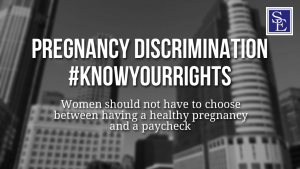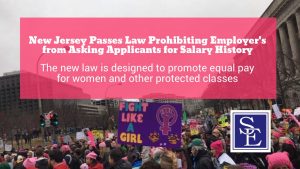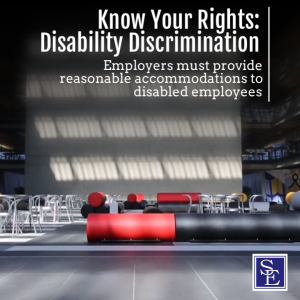An important bipartisan bill addressing pregnancy discrimination in the workplace was introduced to the United States House of Representatives on May 14, 2019, signaling a potential shift in Congressional attitudes on this issue. While this was not the first-time legislation of this type was introduced in the House of Representatives, there is reason for optimism that changing views on workplace discrimination could lead to a different result this time. Notably, the bill has attracted bipartisan support. The bill lays the groundwork for a new law that would provide further workplace protections to women who become pregnant, give birth, or suffer from related medical conditions.

The Pregnant Workers Fairness Act (PWFA),H.R. 2694, was first introduced in the United States House of Representatives in 2012 and has been re-introduced in Congress in each subsequent session. A parallel bill (S. 1101) was also introduced in the Senate, by Senator Bob Casey, in 2017. The Pregnancy Workers Fairness Act aims to eradicate discriminatory behavior toward pregnant women by ensuring that workplace accommodations are provided to employees whose ability to perform job functions is limited by pregnancy, childbirth, or a related medical condition. The Pregnancy Workers Fairness Act is sponsored by Representative Jerry Nadler who, after introducing the Bill this year, stated, “No woman should have to choose between a healthy pregnancy and a paycheck, especially when often a simple fix – a bottle of water during a shift, an extra bathroom break, a chair – will allow women to stay on the job and support their families throughout their pregnancy.”
If the Pregnancy Workers Fairness Act is enacted, it would conform Federal anti-discrimination law in this area to the anti-discrimination laws and policies maintained by 25 states, including New Jersey. The PWFA would:
 New Jersey Employment Lawyers Blog
New Jersey Employment Lawyers Blog





